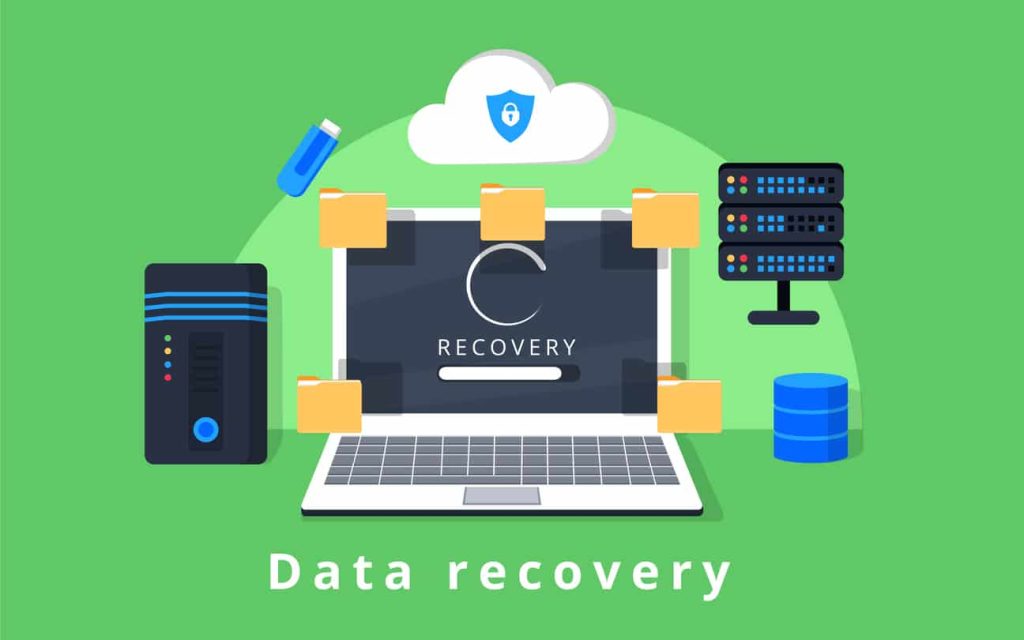Cloud security and cloud technologies provide many benefits that are not exactly as they seem.
With more organisations entering the cloud and their workloads becoming increasingly complex across a series of services, some interesting things are happening. Touched upon in a global report from Check Point Software Technologies, 27% of organisations now cite misconfiguration problems, making it the number one cause of cloud-security incidents in 2021. That is also an increase of 10% from the previous year.
Many companies are leaving the door wide open to threats because of compromised security. They may be allowing unauthorised access to what they believe are secured systems, unknowingly exposing unencrypted data, or worse, storing sensitive information in open repositories. Not all of these issues stem from blatant disregard or a general lack of awareness. Yes, that is a part of the problem, but another major concern is a lack of resources.
Therein we see a major benefit offered by cloud security providers, which is direct access to their amassed resources. In this blog, we take a look at what similar problems organisations face in the cloud, and how they can be solved with a cloud provider’s support.
1. Network Optimisation
Running cloud services and the necessary hardware it requires in-house can put quite a load on the local network and infrastructure. With the help of cloud providers, many of those resources are offset, offering a better load balancing opportunity. In other words, there’s less pressure on the network, and it’s better optimised for what is being done on-site.
This is a benefit realised even more by large organisations with multiple geographic locations. Infrastructure can still be as close as it needs to be to a work-site to improve system performance and the user experience. Cloud providers are also continually upgrading their systems, investing in new and better technologies to deliver quality experiences to their customers. For the average business, that’s just not possible, even when the budget is there.
2. Risk Management
When you consider risk management and cloud security, the more obvious perks come to mind, namely the technology and resources that are required to help reduce potential complications. Cloud providers can help manage risk with a dedicated team and the necessary tools on the frontlines, ready to go on-demand.
But there is another aspect to risk management, especially for hybrid models. When deploying new applications through a provider, you can test them before moving them to your primary cloud configuration. In a way, this allows you to fine-tune your cloud environment and network infrastructure, deploying only what you need and only when you’re sure it’s safe to do so. There’s no rushing to get a particular configuration secured or updated or to deploy a new system or service on a tight deadline. In a shared responsibility model, nearly half of your team or organisation’s security workload is trimmed in half.
3. Backup and Disaster Recovery

Mistakes, disasters, and hardware failures happen, and it’s not uncommon for these events to wreak havoc on the average data centre. Yes, it’s possible to automate backup and recovery solutions, but that also requires a lot of additional hardware and software an organisation might not have or can’t keep up with. Not to mention, those backup solutions must be sustainable and regularly managed, which means creating a scheduled backup process.
Cloud security providers, on the other hand, already have these solutions in place as a staple of their products and services. This means that not only can many promise a zero-downtime environment, even with recovery, but they also offer more sophisticated restoration beyond what would be possible in-house for the average organisation.
4. Reliable Innovation
Many cloud security providers can deploy new applications, updates, and services with a greater chance for innovation because it is their inherent focus. They’re not just on the bleeding edge in a relatively unknown environment, but they have full control over everything that’s happening. If an application rolls out, and it’s discovered later that it’s vulnerable, those cloud providers have the resources and tools to do a roll-back without compromising uptimes or security further. They can take action, assess the landscape quickly, and do what needs to be done with the full extent of their resources. For most organisations, this would be spearheaded by a small security or IT team with many other responsibilities.
This is a genuine concern because while some security updates are critical, with hotfixes and patches that need to be deployed as soon as possible, others may cause additional problems or even compromise security. Software updates can create vulnerabilities, especially when they add new features or functionality. With the cloud, it’s possible to be prepared for these events.
5. Virtually Limitless Scaling
There is always a lot of buzz surrounding the near limitless scaling of the cloud and cloud technologies, but the reality is there are still many limitations. When you partner with a cloud provider, you do not feel those limitations because they work diligently to remove any boundaries, although they still exist.
Again, we circle back to the point that cloud providers have the resources to facilitate these events, whether that’s scaling up or down, with minimal interruptions. It just wouldn’t be possible for an organisation to make this happen as smoothly in-house, especially regarding opening up the network and systems to external threats. You have to be in a position where you can deal with those threats accordingly, even while resources are being used elsewhere. And let’s face it—most organisations do not have those kinds of dedicated resources available.

The beauty of cloud security is that, while it does mitigate a lot of responsibility and risk, you’re still in full control. Of course, it’s best to go with a cloud provider that has the resources, experience, and reputation to deliver precisely the kind of reliable and secure services you need. SMB Solutions Cloud Services can offer that to you, whether you need support for managed cloud services, hosting, or cloud security.

